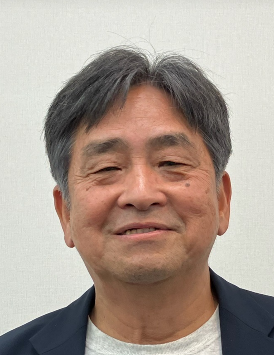Primary goals
JHDN’s primary goals are to provide and share information on the latest researches and resources on HD, through the internet activities.
Activities
・To run and update the JHDN website and the JHDN listserve
・To liaison with other HD societies, i.e WFN/IHA for the latest information on the development of the researches around the world
・ To translate and distribute the documents and publications from other countries for Japanese readers
・To distribute the newsletters (once in a year), the short news letters (fax or mail) to HD families and those who are interested
・ To organize HD family meetings for informal talks and discussions
Greetings from representative

Mr.Shinya Shiratsuchi, Representative of JHDN
My name is Shinya Shiratsuchi, and I will be serving as the representative of JHDN from April 2024. Please accept my best regards. First of all, I would like to express my dee,p appreciation for the efforts of my predecessor Anidoll(nicknamed for Ms.Toshie Kase). Thanks to Anidoll’s leadership and warm-hearted activities, JHDN has been able to develop and grow with the trust of many different stakeholders.
I hope that many of you will continue to join us as we strengthen the unity of our community and serve as a place for our members to find comfort and support. We believe it is important to contribute to you by building an environment where you can feel safe and comfortable to consult with us until the day a fundamental cure is available. We also hope to provide more value to you through the planning and implementation of new programs and events.
I would like to receive your continued support and cooperation, and I will do my utmost to strive and devote myself to your efforts. It is my sincere hope that we will grow and develop together with your comments and suggestions.
Finally, I look forward to continuing to work with you as a member of JHDN.
April, 2024
